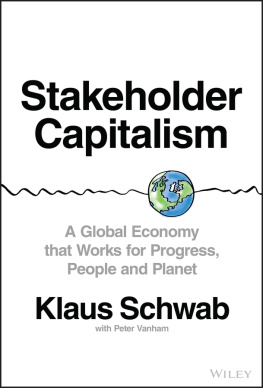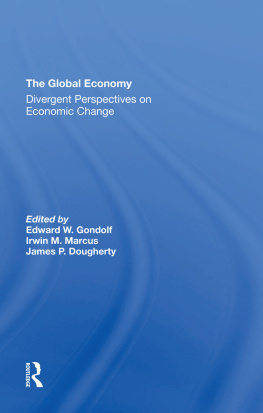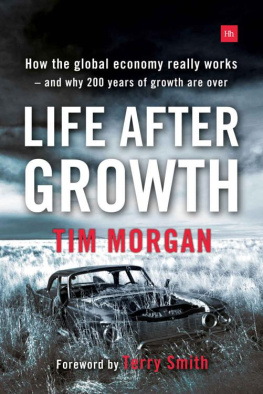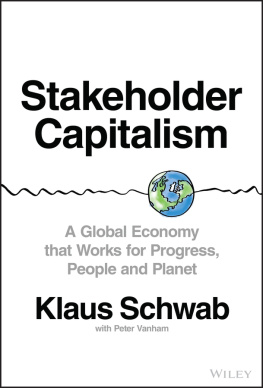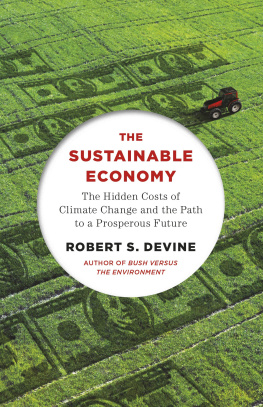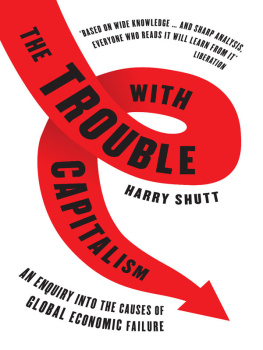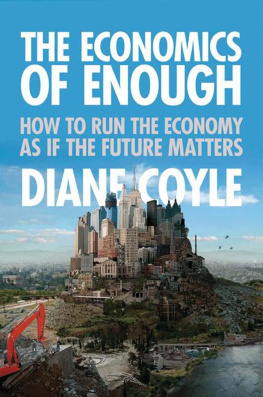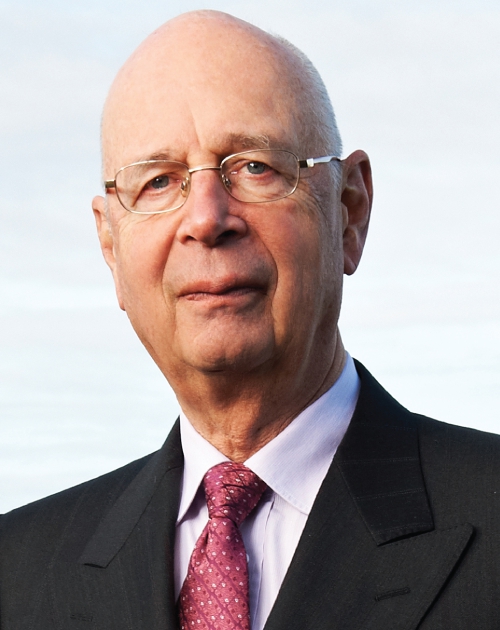Professor Dr.-Ing. Klaus Schwab - Stakeholder Capitalism: A Global Economy that Works for Progress, People and Planet
Here you can read online Professor Dr.-Ing. Klaus Schwab - Stakeholder Capitalism: A Global Economy that Works for Progress, People and Planet full text of the book (entire story) in english for free. Download pdf and epub, get meaning, cover and reviews about this ebook. year: 2021, publisher: Wiley, genre: Politics. Description of the work, (preface) as well as reviews are available. Best literature library LitArk.com created for fans of good reading and offers a wide selection of genres:
Romance novel
Science fiction
Adventure
Detective
Science
History
Home and family
Prose
Art
Politics
Computer
Non-fiction
Religion
Business
Children
Humor
Choose a favorite category and find really read worthwhile books. Enjoy immersion in the world of imagination, feel the emotions of the characters or learn something new for yourself, make an fascinating discovery.
- Book:Stakeholder Capitalism: A Global Economy that Works for Progress, People and Planet
- Author:
- Publisher:Wiley
- Genre:
- Year:2021
- Rating:3 / 5
- Favourites:Add to favourites
- Your mark:
Stakeholder Capitalism: A Global Economy that Works for Progress, People and Planet: summary, description and annotation
We offer to read an annotation, description, summary or preface (depends on what the author of the book "Stakeholder Capitalism: A Global Economy that Works for Progress, People and Planet" wrote himself). If you haven't found the necessary information about the book — write in the comments, we will try to find it.
Reimagining our global economy so it becomes more sustainable and prosperous for all
Our global economic system is broken. But we can replace the current picture of global upheaval, unsustainability, and uncertainty with one of an economy that works for all people, and the planet. First, we must eliminate rising income inequality within societies where productivity and wage growth has slowed. Second, we must reduce the dampening effect of monopoly market power wielded by large corporations on innovation and productivity gains. And finally, the short-sighted exploitation of natural resources that is corroding the environment and affecting the lives of many for the worse must end.
The debate over the causes of the broken economylaissez-faire government, poorly managed globalization, the rise of technology in favor of the few, or yet another reasonis wide open. Stakeholder Capitalism: A Global Economy that Works for Progress, People and Planet argues convincingly that if we dont start with recognizing the true shape of our problems, our current system will continue to fail us. To help us see our challenges more clearly, Schwabthe Founder and Executive Chairman of the World Economic Forumlooks for the real causes of our systems shortcomings, and for solutions in best practices from around the world in places as diverse as China, Denmark, Ethiopia, Germany, Indonesia, New Zealand, and Singapore. And in doing so, Schwab finds emerging examples of new ways of doing things that provide grounds for hope, including:
- Individual agency: how countries and policies can make a difference against large external forces
- A clearly defined social contract: agreement on shared values and goals allows government, business, and individuals to produce the most optimal outcomes
- Planning for future generations: short-sighted presentism harms our shared future, and that of those yet to be born
- Better measures of economic success: move beyond a myopic focus on GDP to more complete, human-scaled measures of societal flourishing
By accurately describing our real situation, Stakeholder Capitalism is able to pinpoint achievable ways to deal with our problems. Chapter by chapter, Professor Schwab shows us that there are ways for everyone at all levels of society to reshape the broken pieces of the global economy andcountry by country, company by company, and citizen by citizenglue them back together in a way that benefits us all.
Professor Dr.-Ing. Klaus Schwab: author's other books
Who wrote Stakeholder Capitalism: A Global Economy that Works for Progress, People and Planet? Find out the surname, the name of the author of the book and a list of all author's works by series.

